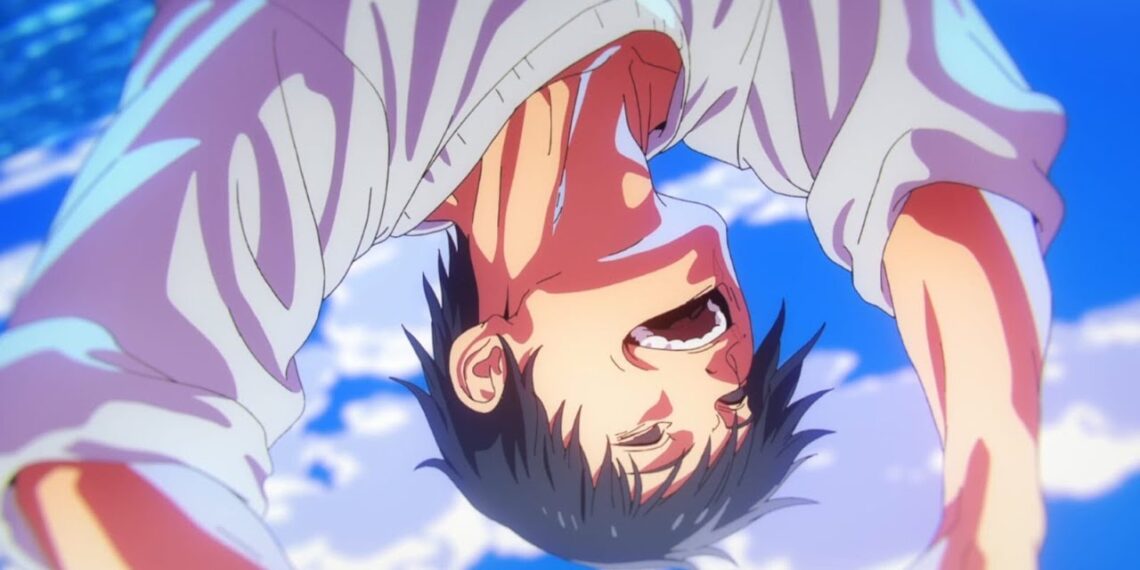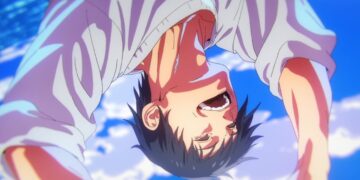In 2024, several school districts in Tennessee and across the U.S. began removing well-known manga titles, including Attack on Titan and Jujutsu Kaisen, citing updated obscenity laws that target material deemed inappropriate for students. The move has caused an uproar among manga fans, educators, and free speech advocates, who argue that such bans stifle students’ access to diverse perspectives and limit their educational growth.
The bans stem from the Tennessee Age-Appropriate Materials Act, which restricts access to content considered sexually explicit, violent, or otherwise inappropriate for minors. However, many argue that the law has been disproportionately applied to popular manga, some of which contain complex narratives with dark themes that explore moral and ethical questions. Critics argue that the law is being used as a tool to push a conservative agenda in schools.
Growing Backlash from Fans and Educators
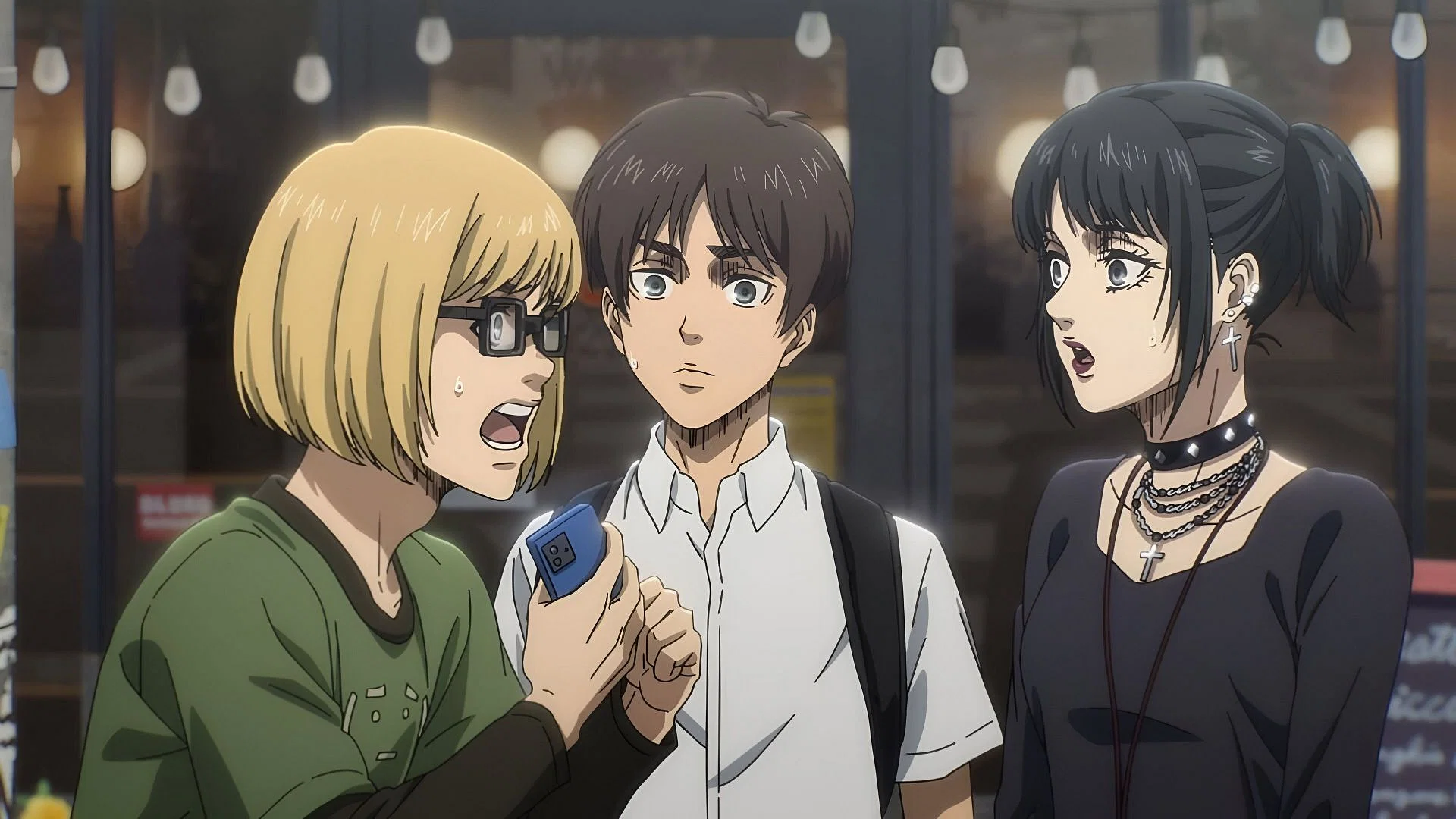
Many students and educators have publicly expressed frustration with the decision, arguing that the bans limit access to stories that could help foster critical thinking and empathy. Some have pointed out that these manga titles also have significant cultural value, providing insight into Japanese storytelling and global fandoms.
On the other hand, parents who support the bans believe the content in these mangas is too mature for younger audiences. They argue that stories featuring violence, nudity, and LGBTQ themes are unsuitable for school libraries and may negatively influence children. This has led to a heated debate over the role of parents in deciding what content is appropriate for children.
The Broader Debate on Censorship
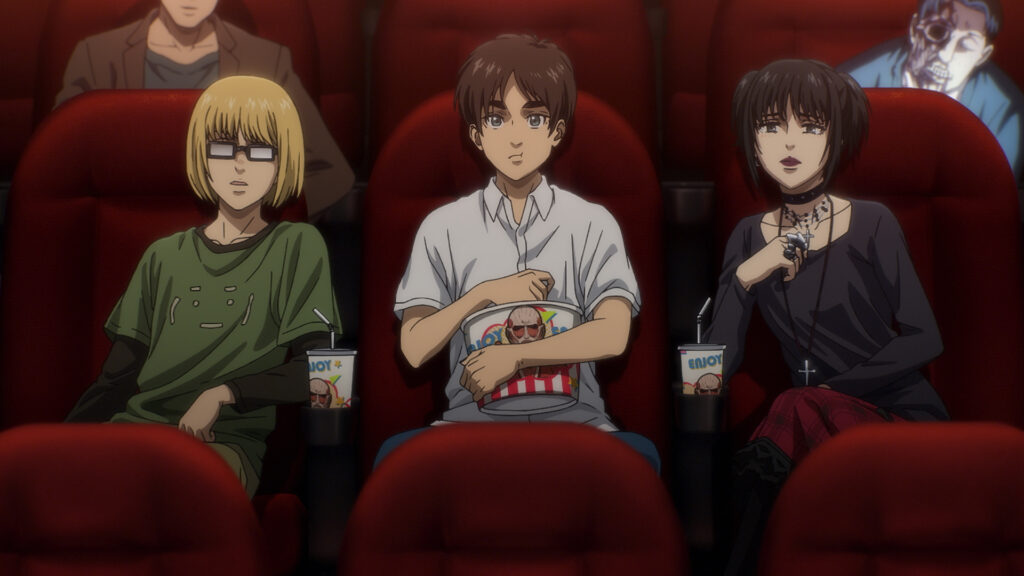
The controversy over these bans has also sparked wider debates about the role of censorship in education. Some advocates for intellectual freedom view the bans as part of a growing trend of political censorship in schools, with critics arguing that banning these manga titles is a dangerous overreach that undermines students’ rights to access diverse and thought-provoking material.
Supporters of the bans maintain that they are necessary to protect children from harmful content, with many believing that certain themes and images in the manga titles are inappropriate for minors. The divide over what constitutes “appropriate” content continues to widen, raising questions about the fine line between censorship and protection in educational spaces.
Future of Manga in U.S. Schools
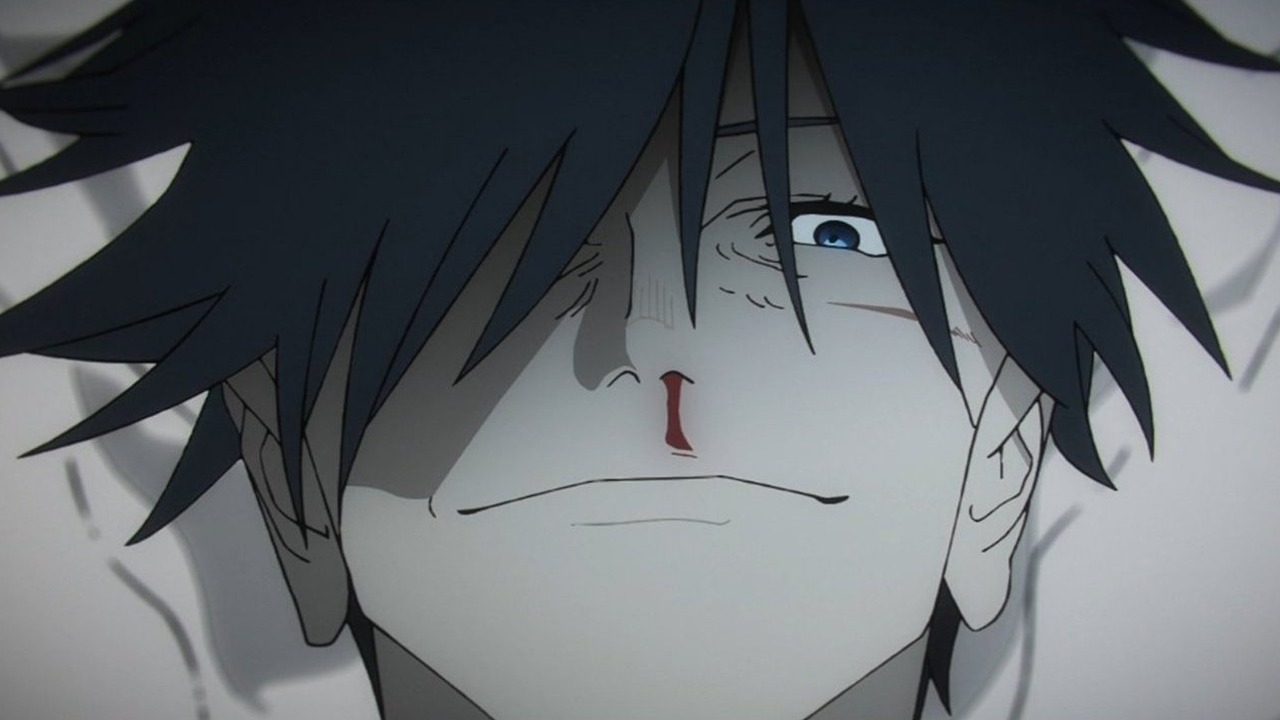
While the Tennessee bans have garnered the most attention, similar campaigns are spreading to other states, leading to fears that more titles could be removed from school libraries nationwide. Whether the bans will gain widespread traction or be overturned remains uncertain. However, the controversy has reignited a nationwide conversation about freedom of expression and the role of censorship in shaping young minds.
Also Read: 25 Most-Wanted Manga for Japanese Fans to Be Animated!

